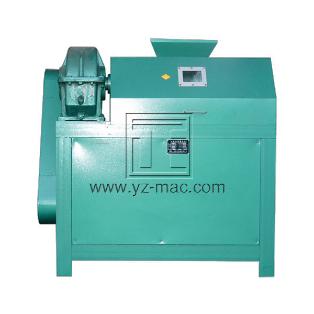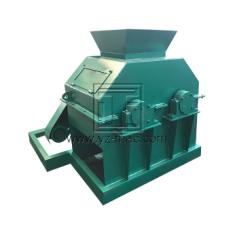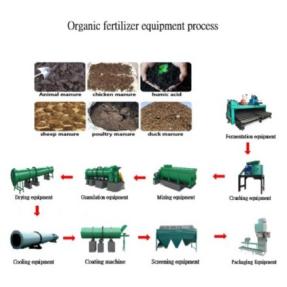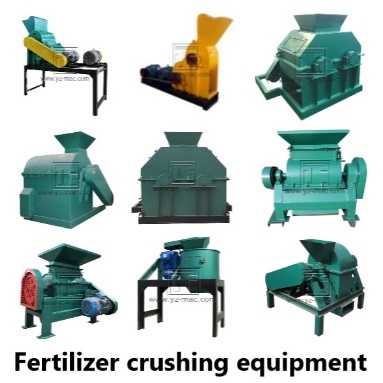Fertilizer prilling machine
A fertilizer prilling machine is a specialized equipment designed for the production of prilled fertilizers. Prilling is a process that converts liquid or molten fertilizers into small, spherical particles, which are easier to handle, store, and apply.
Benefits of a Fertilizer Prilling Machine:
Improved Handling and Application: Prilled fertilizers are spherical in shape, making them easier to handle, store, and transport. The uniform size and shape of prills ensure consistent application and distribution, resulting in efficient nutrient uptake by plants.
Reduced Caking and Dusting: Prilled fertilizers have a lower tendency to cake or clump together, improving their flowability and reducing the risk of clogging in application equipment. Additionally, prills minimize dust generation during handling, creating a safer and cleaner working environment.
Controlled Nutrient Release: Prilled fertilizers can be engineered to have specific nutrient release characteristics, providing a controlled and prolonged nutrient supply to plants. This allows for precise nutrient management and tailored fertilization practices, leading to optimized plant growth and reduced nutrient losses.
Increased Fertilizer Efficiency: The uniform size and shape of prills enable better distribution of nutrients in the soil, ensuring uniform nutrient availability for plant roots. This enhances fertilizer efficiency by reducing nutrient leaching and maximizing nutrient uptake, ultimately improving crop yields and minimizing environmental impact.
Working Principle of a Fertilizer Prilling Machine:
A fertilizer prilling machine typically consists of a rotating drum or plate that holds the liquid or molten fertilizer. As the drum rotates, centrifugal force shapes the fertilizer droplets into spherical particles. The prills are then cooled and solidified by contact with ambient air or a cooling medium, such as water or a cooling gas. The resulting prills are collected and further processed or packaged for distribution.
Applications of Fertilizer Prilling Machines:
Agricultural Fertilizer Production: Fertilizer prilling machines are extensively used in the production of agricultural fertilizers. They can convert liquid or molten fertilizers, such as urea, ammonium nitrate, or NPK blends, into prilled form. Prilled fertilizers are widely used in conventional and precision farming systems to provide essential nutrients to crops.
Specialty Fertilizer Manufacturing: Fertilizer prilling machines are also utilized in the production of specialty fertilizers with specific nutrient formulations. Prilled specialty fertilizers can be tailored to meet the specific nutrient requirements of different crops, soil types, and growing conditions.
Blended Fertilizer Production: Fertilizer prilling machines are employed in the production of blended fertilizers, where different fertilizer materials are mixed and prilled to create a homogeneous product. Blended prilled fertilizers offer convenience, consistent nutrient distribution, and simplified application.
Industrial Applications: Apart from agricultural use, prilled fertilizers find applications in various industries, such as horticulture, turf management, and landscaping. Prilled fertilizers provide a controlled and efficient nutrient supply for ornamental plants, lawns, sports fields, and golf courses, ensuring healthy and vibrant vegetation.
A fertilizer prilling machine plays a crucial role in the production of prilled fertilizers, offering benefits such as improved handling, reduced caking and dusting, controlled nutrient release, and increased fertilizer efficiency. By converting liquid or molten fertilizers into prilled form, these machines provide uniform, spherical particles that are easy to handle, store, and apply. Fertilizer prilling machines find applications in agricultural fertilizer production, specialty fertilizer manufacturing, blended fertilizer production, and industrial sectors such as horticulture and landscaping.








